Please log-in to report.
Africa, South America, North America, Europe, Asia, Oceania
Sign-up / Log-in to be up-to-date and informed!
Choose your News Preferences Below
Top News Stories Worldwide
Your Current Default Preferences are:
Kenya Top Stories
Top Stories
for the 18 Aug - 24 Aug
< Previous week Next week >
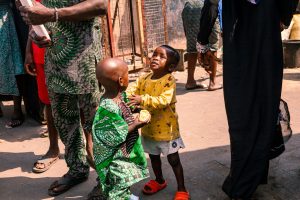
Recently, there was a two-week shortage of the BCG vaccine for tuberculosis after its supplier withdrew due to production issues, exposing vulnerabilities in the country’s fragile vaccine supply chain. On June 30, 2 million doses arrived via a Brazilian donation, enough to cover six months of vaccinations starting July 1. Health officials stressed that children up to 2 years can still be vaccinated, but the disruption highlights ongoing reliance on foreign suppliers and complex logistics.
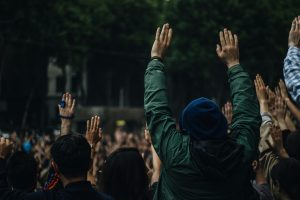
The Political Parties Liaison Committee (PPLC), a group comprising various political parties, has called on the government to initiate a dialogue with Gen Z protesters and law enforcement, taking into account the constitutional right to peaceful assembly. They cautioned against criminalization of dissent or “incidental early campaigning” in the run-up to the 2027 polls. The PPLC emphasized that the youth’s demands are genuine and must be heard, not suppressed.
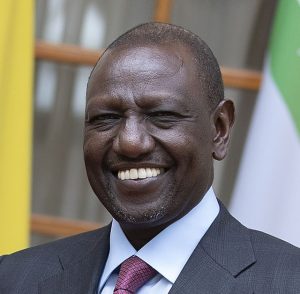
President William Ruto broke his silence with a televised speech. He denounced the Gen Z protests as acts of terrorism but directed them as dissent, explaining that he would not end Kenyan democracy. He also promised that his administration was determined to protect lives and property. His tone was a mix between a somewhat stern speech and a conciliatory one, striking a balance between national security and a listening ear towards Gen Z.

During the protests, KTN and NTV were instructed to block live images. The civil society groups and the Law Society of Kenya criticized the move, terming it unconstitutional. The High Court had to step in and ordered that the broadcasters must be reinstated on the grounds of the freedom of the press, which the Constitution guarantees.

Kalonzo Musyoka, the leader of the Wiper Party and other opposition leaders, deposited wreaths at Parliament in a very solemn and highly secured event to commemorate the youth who were killed in the protests that took place last year. The remembrance ceremony reaffirmed the need for the victims not to be forgotten, serving as an appeal to hold people accountable. It took place under the strict security conditions and urban barricades.
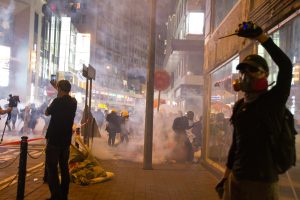
After the June 25 unrest, people in Nairobi began clearing out looted shops and demolishing buildings in the city’s Central Business District. Several malls and hundreds of other businesses had been destroyed, with the owners suffering losses. Police stations and court buildings have also been burned or looted, with CCTV footage to be reviewed to establish who set it on fire or did the looting.
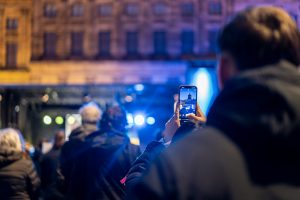
President Wavel Ramkalawan delivered a rousing speech on June 29, marking the 49th anniversary of Seychelles’ independence. He emphasized the importance of togetherness, democracy, meritocracy, and patriotic pride, and challenged the people to turn difficulties into opportunities and to devote themselves to achieving unity.
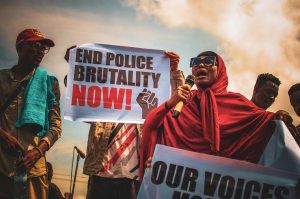
In Nairobi and other large cities, thousands of young Kenyans were protesting following the memory of a year ago when anti-tax demonstrations led to death. This state of unrest became violent, and police have been found guilty of deploying live bullets, tear gas, and water cannons, resulting in 8-16 people killed and 400-plus other individuals injured, as per Amnesty and KNCHR.
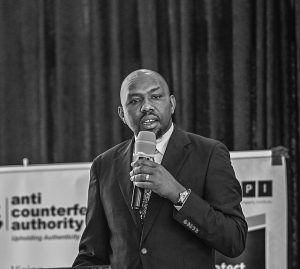
The CS Ministry of Interior and National Administration, Kipchumba Murkomen, termed the protests as terrorism in the disguise of discontent, and that it was meant to topple the government. He hailed police action to stop what he termed a well-funded, organized effort to seize key institutions. The excessive force, however, was condemned by human rights groups, and the government’s crackdown was criticized.

